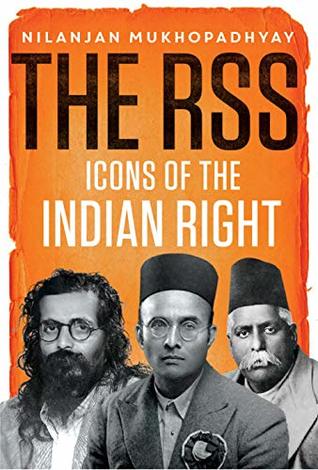Although he had studied European governance systems in detail, his overall hypothesis demonstrated little understanding of the delineation between totalitarian regimes, dictatorships, or even democracies—it stemmed from what was obviously simplistic, that everything western was alien, and therefore unacceptable. His famous argument that ‘even dictators like Hitler, Mussolini and Stalin did not go against democratic principles,’ was not only self-contradictory, but left a lot to be desired in comprehending political theory. His open endorsement of the ‘controlled democracy’ concept also led to
Although he had studied European governance systems in detail, his overall hypothesis demonstrated little understanding of the delineation between totalitarian regimes, dictatorships, or even democracies—it stemmed from what was obviously simplistic, that everything western was alien, and therefore unacceptable. His famous argument that ‘even dictators like Hitler, Mussolini and Stalin did not go against democratic principles,’ was not only self-contradictory, but left a lot to be desired in comprehending political theory. His open endorsement of the ‘controlled democracy’ concept also led to his distinctive approach towards public awareness programmes. According to Upadhyaya, building of public opinion ‘is a cultural process. In dictatorial communist regimes it is called brainwashing or depriving the dissidents of their rights…in so-called democracies, it leads to chaos…’27 His unusual views on mass awareness programmes were however in perfect sync with the division of labour that he proposed—that the government must be entrusted with building democracy; campaigns for moulding public opinion should be the preserve of ‘selfless’ ascetics; and governance was the prerogative of an elected government. Of the lot, the suggestion to entrust renunciates with the responsibility of creating mass awareness programmes was most telling, because that in turn minimised the onus on a particular government in case its policies didn’t find favour with the group and vice-versa. The princip...
...more
This highlight has been truncated due to consecutive passage length restrictions.


